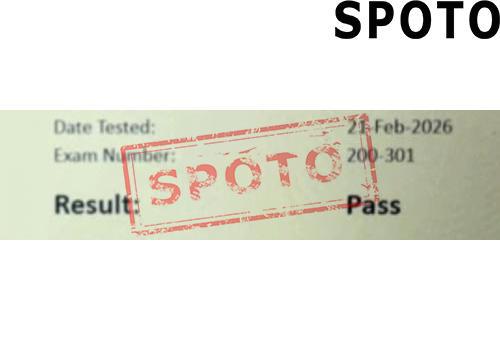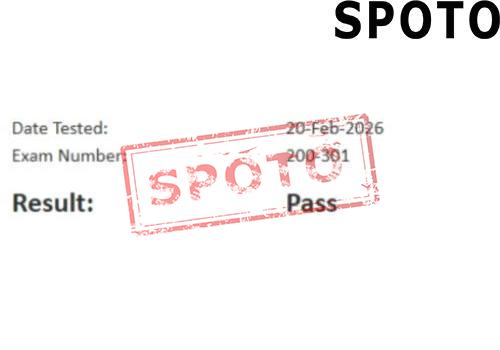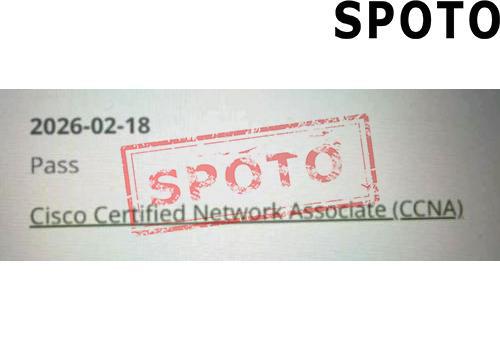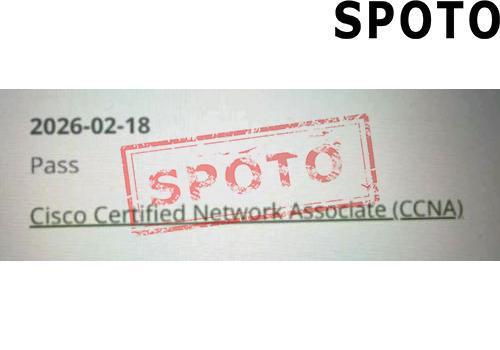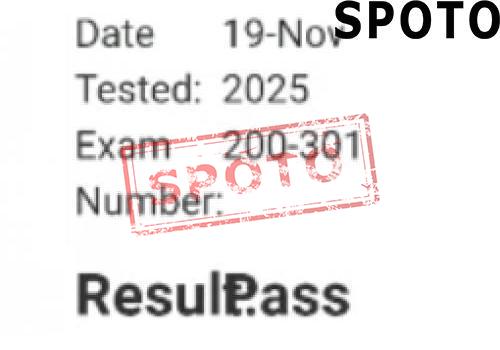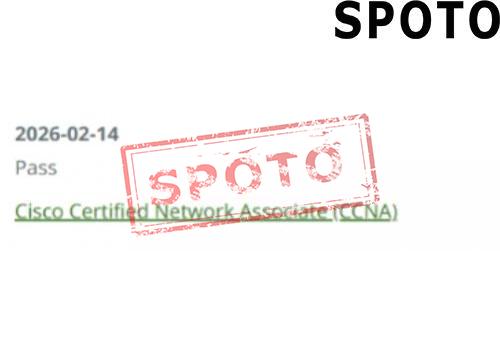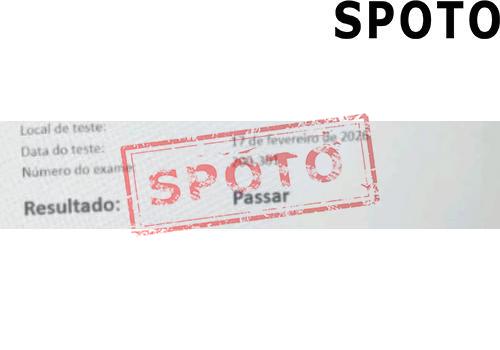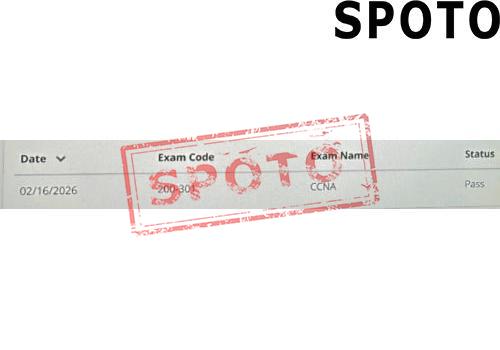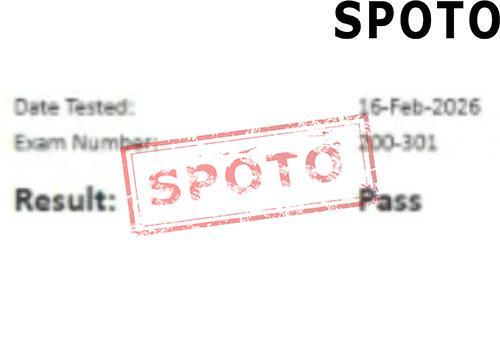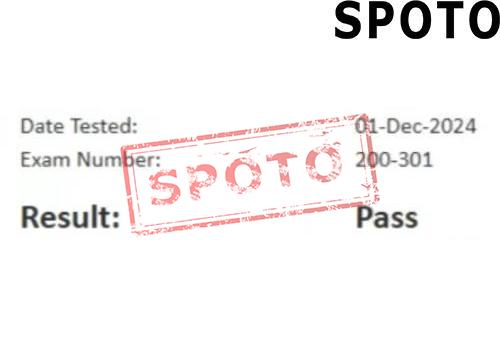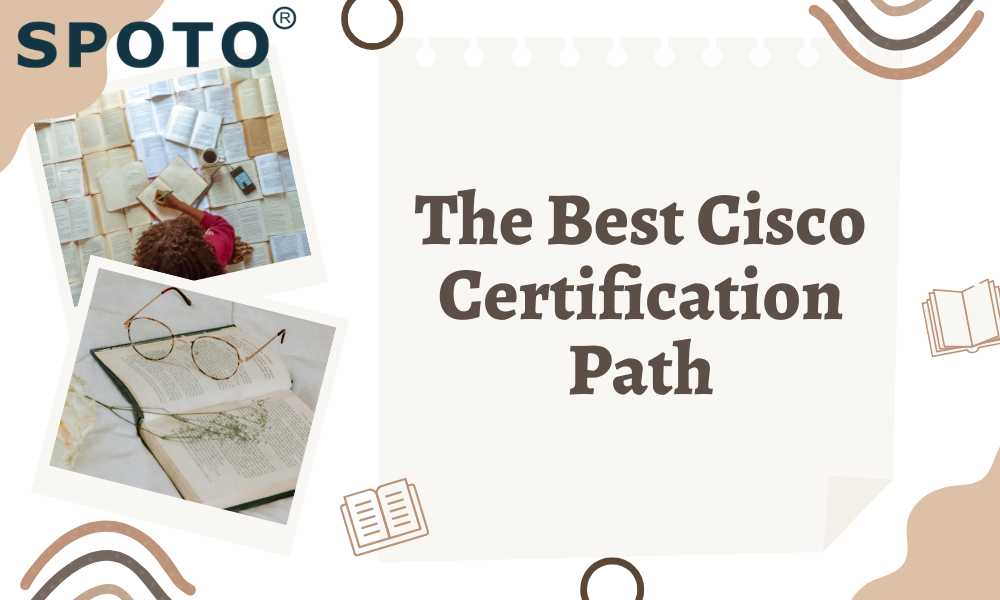
Table of Contents
As the IT landscape evolves, Cisco certifications remain pivotal for professionals aiming to validate their networking expertise. In 2026, Cisco offers a structured certification framework catering to various career stages and specializations. This guide delves into the updated Cisco certification paths, helping you navigate your journey from foundational knowledge to expert-level proficiency.
Why Pursue Cisco Certifications?
Cisco certifications are globally recognized, equipping professionals with the skills required to design, implement, and manage complex network solutions. They not only enhance your technical acumen but also increase your marketability in a competitive job market.
Cisco Certification Levels and Tracks
Cisco's certification program is structured into several levels, each targeting specific professional milestones:
1. Entry-Level: Cisco Certified Support Technician (CCST)
-
Overview: Introduced to validate foundational networking knowledge, the CCST is ideal for individuals beginning their IT careers.
-
Specializations:
-
CCST Networking
-
CCST Cybersecurity
-
2. Associate-Level: Cisco Certified Network Associate (CCNA)
-
Overview: The CCNA certification covers a broad range of networking fundamentals, including IP connectivity, security fundamentals, and automation.
-
Exam Code: 200-301
-
Ideal for: Network engineers, support technicians, and help desk professionals.
3. Professional-Level: Cisco Certified Network Professional (CCNP)
-
Overview: CCNP certifications allow professionals to specialize in specific technology areas. Each track requires passing a core exam and a concentration exam.
-
Available Tracks:
-
CCNP Enterprise
-
CCNP Security
-
CCNP Collaboration
-
CCNP Data Center
-
CCNP Service Provider
-
Cisco Certified DevNet Professional
-
4. Expert-Level: Cisco Certified Internetwork Expert (CCIE)
-
Overview: The CCIE is one of the most prestigious certifications in the networking industry, demonstrating expert-level skills in designing and managing complex network infrastructures.
-
Available Tracks:
-
CCIE Enterprise Infrastructure
-
CCIE Enterprise Wireless
-
CCIE Security
-
CCIE Data Center
-
CCIE Collaboration
-
CCIE Service Provider
-
Choosing the Right Cisco Certification Path
Selecting the appropriate certification path depends on your current experience, career goals, and areas of interest:
-
Beginners: Start with the CCST to build foundational knowledge, then progress to the CCNA.
-
Intermediate Professionals: Pursue a CCNP in a specialization aligning with your career objectives.
-
Advanced Professionals: Aim for a CCIE to establish yourself as an expert in your chosen field.
Updated Cisco Certification Tracks in 2026
Cisco continuously updates its certification programs to align with emerging technologies and industry demands. In 2026, notable updates include:
-
Introduction of the CCST: Providing a clear entry point for newcomers to the networking field.
-
Enhanced Focus on Automation and DevOps: Through the DevNet certification track, emphasizing the integration of networking and software development skills.
-
Regular Updates to Exam Content: Ensuring that certifications remain relevant to current technologies and best practices.
Top Cisco Certifications in Demand
Based on industry trends and job market demands, the following Cisco certifications are highly sought after in 2026:
-
CCNA: A foundational certification that opens doors to various networking roles.
-
CCNP Enterprise: Ideal for professionals focusing on enterprise networking solutions.
-
CCNP Security: For those specializing in securing network infrastructures.
-
CCIE Enterprise Infrastructure: Demonstrates expert-level skills in complex enterprise network solutions.
-
Cisco Certified DevNet Professional: Bridging the gap between software development and network engineering.
